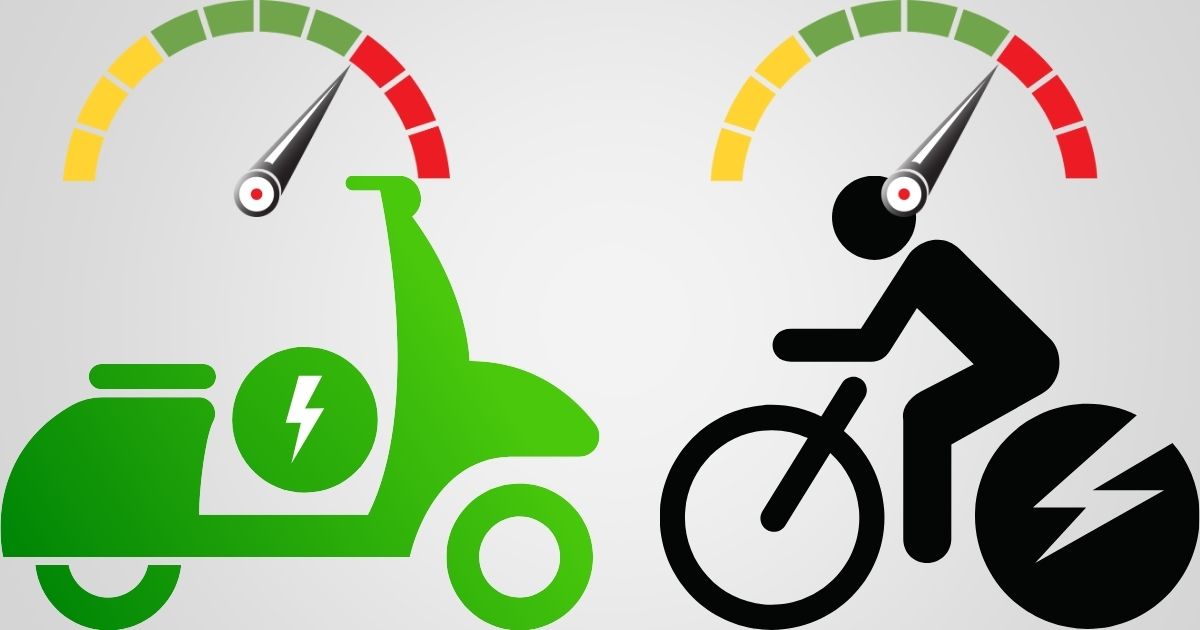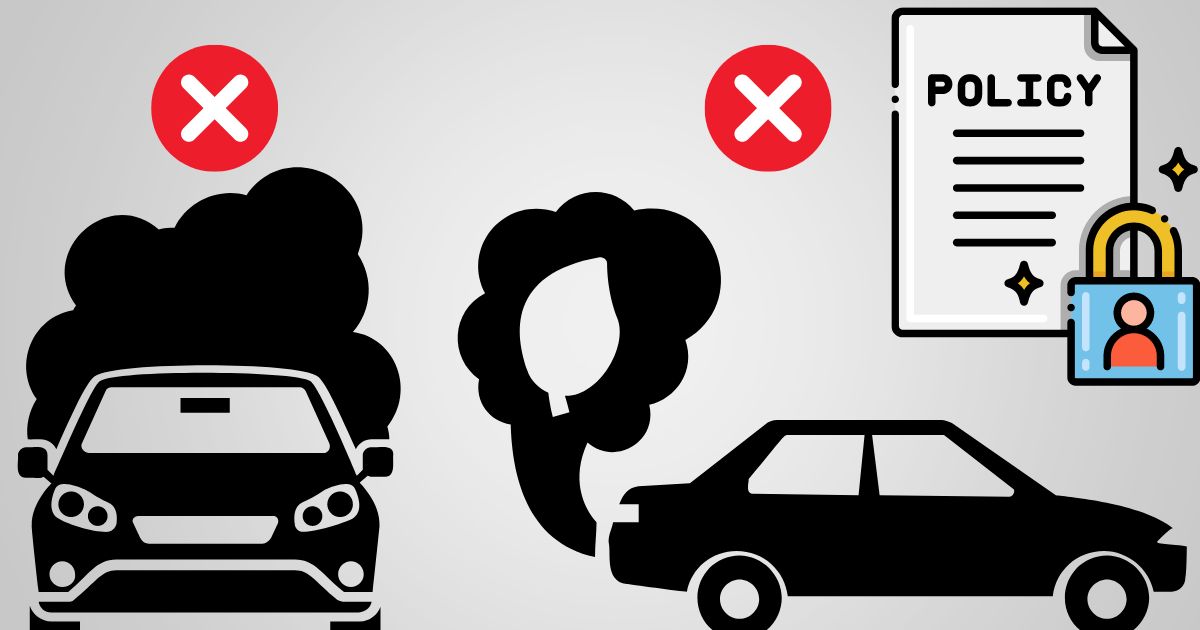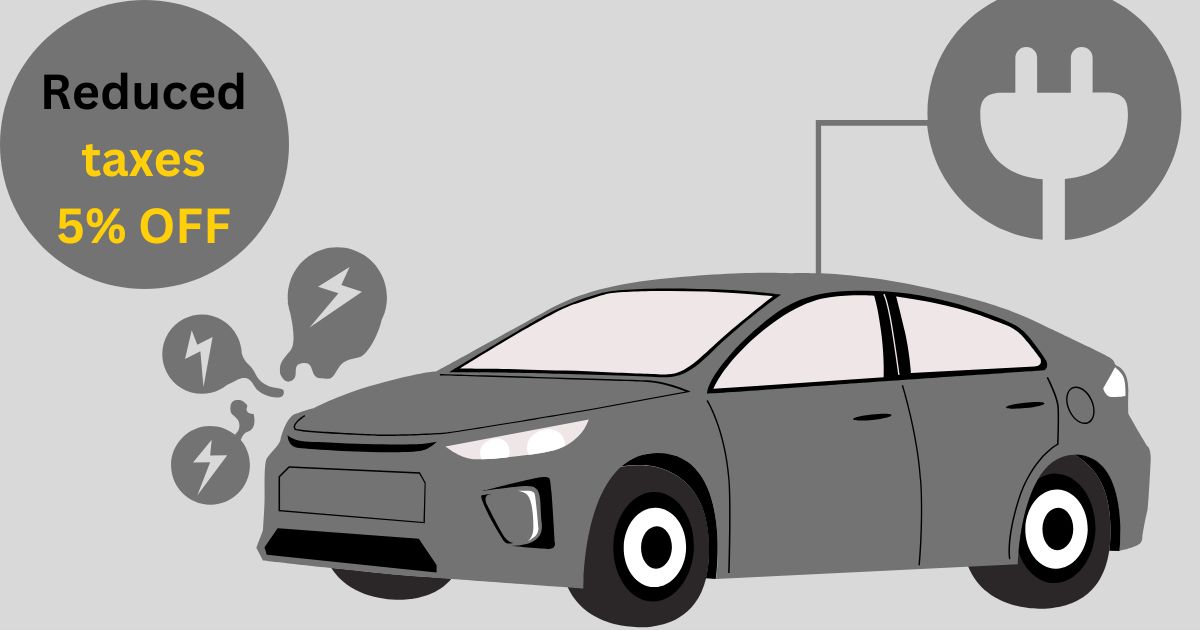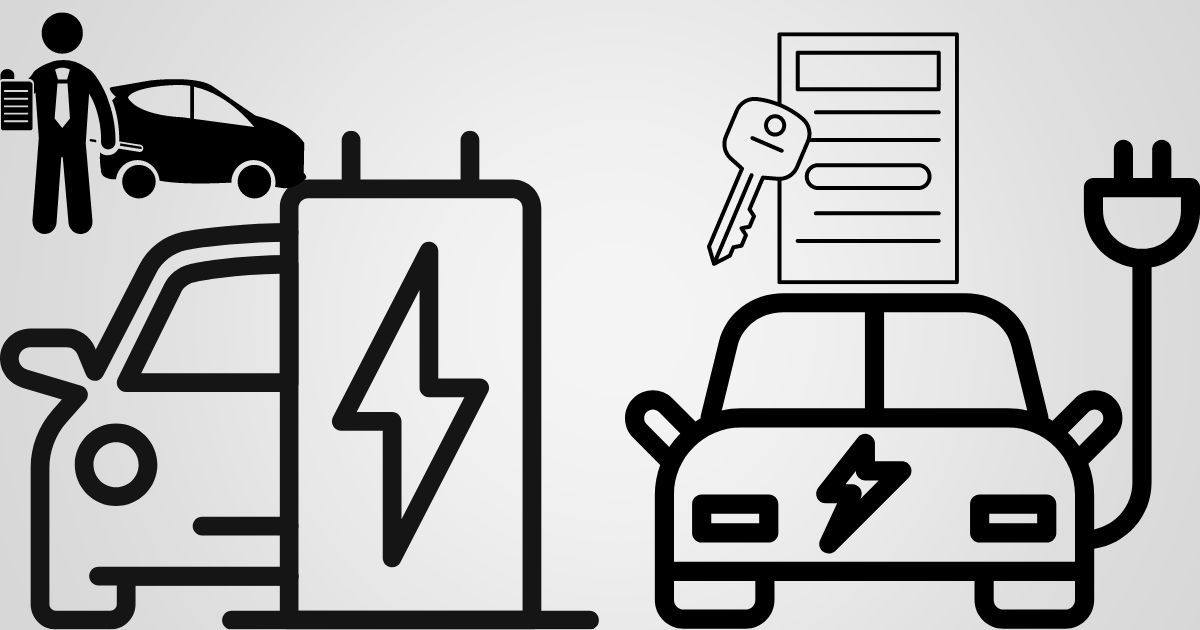“When Will Electric Cars Be Mandatory In Australia?” With the world government pushing towards a clean and sustainable future, and with almost every automobile manufacturer in the world planning to transition to an all-electric lineup of vehicles, Australians have been left to wonder what will become of gas-powered cars.
Electric cars are also generally more difficult to maintain and repair, as replacement parts are very expensive and can usually only be acquired directly from the manufacturer.
It is not just the cost of electric cars that makes them less appealing to some Australians.
For some who drive just for the fun of it, electric cars are very boring. Yes, they are quick, but that’s just about all they have to show.
Drivers say they want to be able to connect with their cars—to be able to feel them doing the work.
The click and satisfying gear shifts; watching the rev counter go all the way up to its maximum; the exhaust sounds; these are ways that Australian drivers are able to connect with their cars.
But what about electric cars? Well, they are dead silent. So Australians are wondering, “When will electric cars be mandatory in Australia?” Maybe then they can drive their manual transmission for the last time.
Can The Australian Government Make Electric Cars Mandatory?
The Australian government has explicitly stated that it will not force its citizens to buy electric cars.
At the 2023 Annual Climate Change Statement, the Climate Change Authority, a non-governmental agency that advises the government on matters relating to emission targets, brought aboard 42 recommendations to the government.
Among these suggestions were measures that advised the implementation of electric car charging infrastructure.
In his statement, Australia’s Minister of Energy, Chris Bowen, said that the government was focused on “reliable and affordable” power.
He continued, “… we haven’t set specific net zero targets for individual sectors, and it would be premature to set a new target for new light vehicles.
We’re focused on how to get the best, most fuel-efficient vehicles to Australians so they have real choices and can save by using less petrol.”

When Will Electric Cars Be Mandatory In Australia?
It is not that Australians do not want to switch to electric cars.
In a survey, about 60% of Australians said that they were in support of a countrywide ban on the sale of petrol and diesel cars by 2035.
In yet another survey, about 65% of Australians said that they wanted subsidies to make electric cars a little easier on the pockets.
Governmental analyses have estimated, in 2019, that by 2035, about 50% of all new car sales in Australia will be electric.
Will There Be Only Electric Cars In Australia In 2030?
The state governments of both Victoria and South Australia have announced their targets of reaching 50% of new car sales being electric by 2030 and 100% by 2035.
And as stated earlier, the federal government also has its goal set for 2030, for electric cars to make up 50% of new car sales in Australia.
The state of Victoria particularly encourages the use of electric cars in accordance with its plan to fight off climate change and its effects and reach a net zero carbon emission by 2050.
Meanwhile, about 80% of Victorians have the belief that the government should encourage the transition to clean energy in the transportation sector (and with this, even Uber Australia has mentioned that it will reduce the service charge for electric car drivers by 50% somewhere between July 2021 and June 2022), and offer more incentives so that electric cars are more affordable, as reported by the Electric Vehicle Council. Reports also indicate that about 50% of Victorians have plans for their next car purchase to be an electric car.
What State Has More Electric Cars In Australia?
In Australia, the state of New South Wales topped the charts in the most number of electric cars than every other state.
According to some reports, New South Wales is the most electric car-friendly state among all the Aussie states.
One of the major complaints of both new and old electric car owners is the lack of adequate public charging infrastructure.
But this has started to change. According to the data, there are presently more than 2000 public electric charging stations available across the country.
In this electric car-friendly state of New South Wales, there are an estimated 497 public charging stations. That is just shy of 25% of the country’s total public charging infrastructure.
With Tesla’s being the most popular and most sold model of electric cars in the country, it is also no surprise that the Australian state of New South Wales has the highest number of Tesla’s proprietary supercharger network.
Currently, Australia boasts over 90,000 electric cars nationwide.






